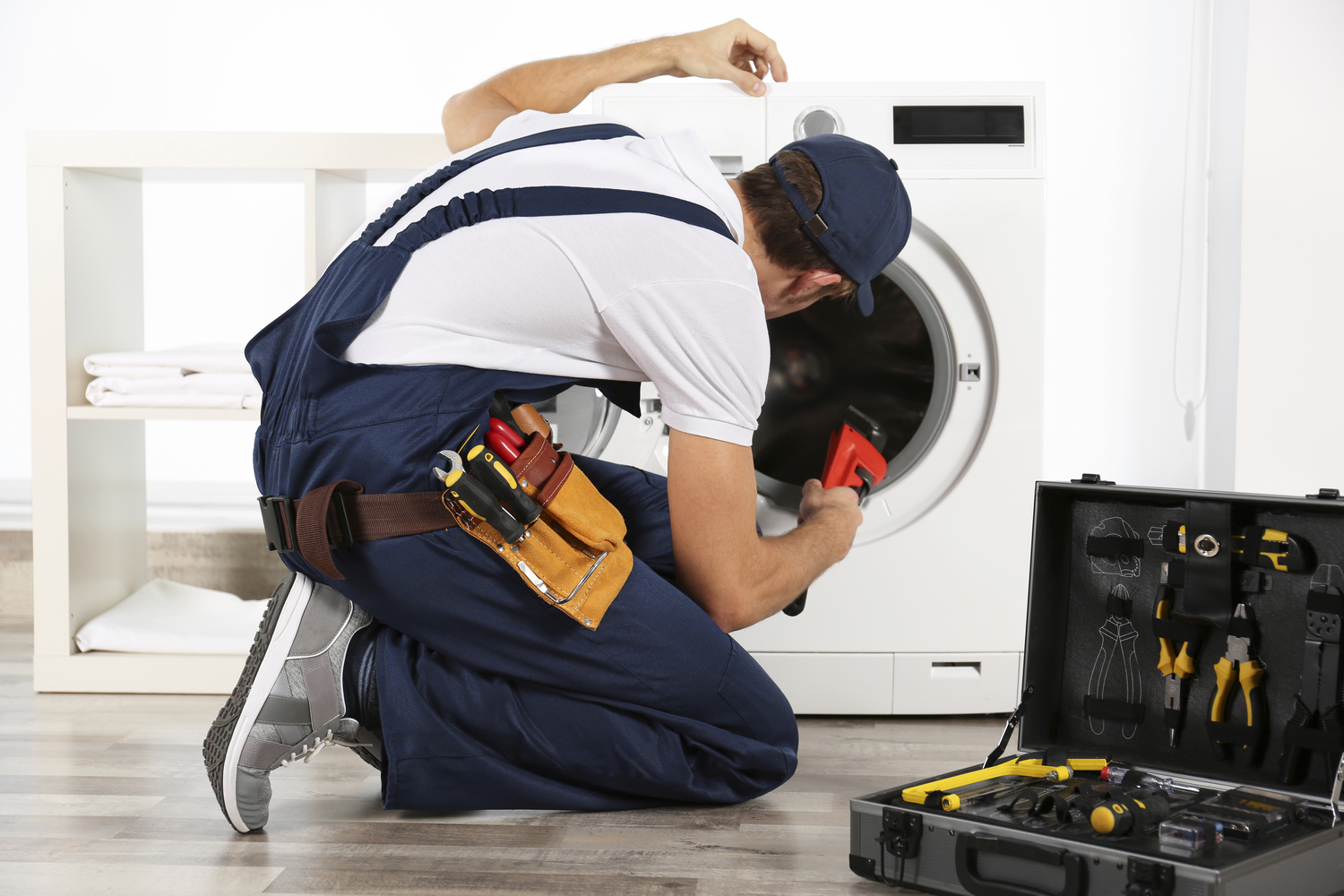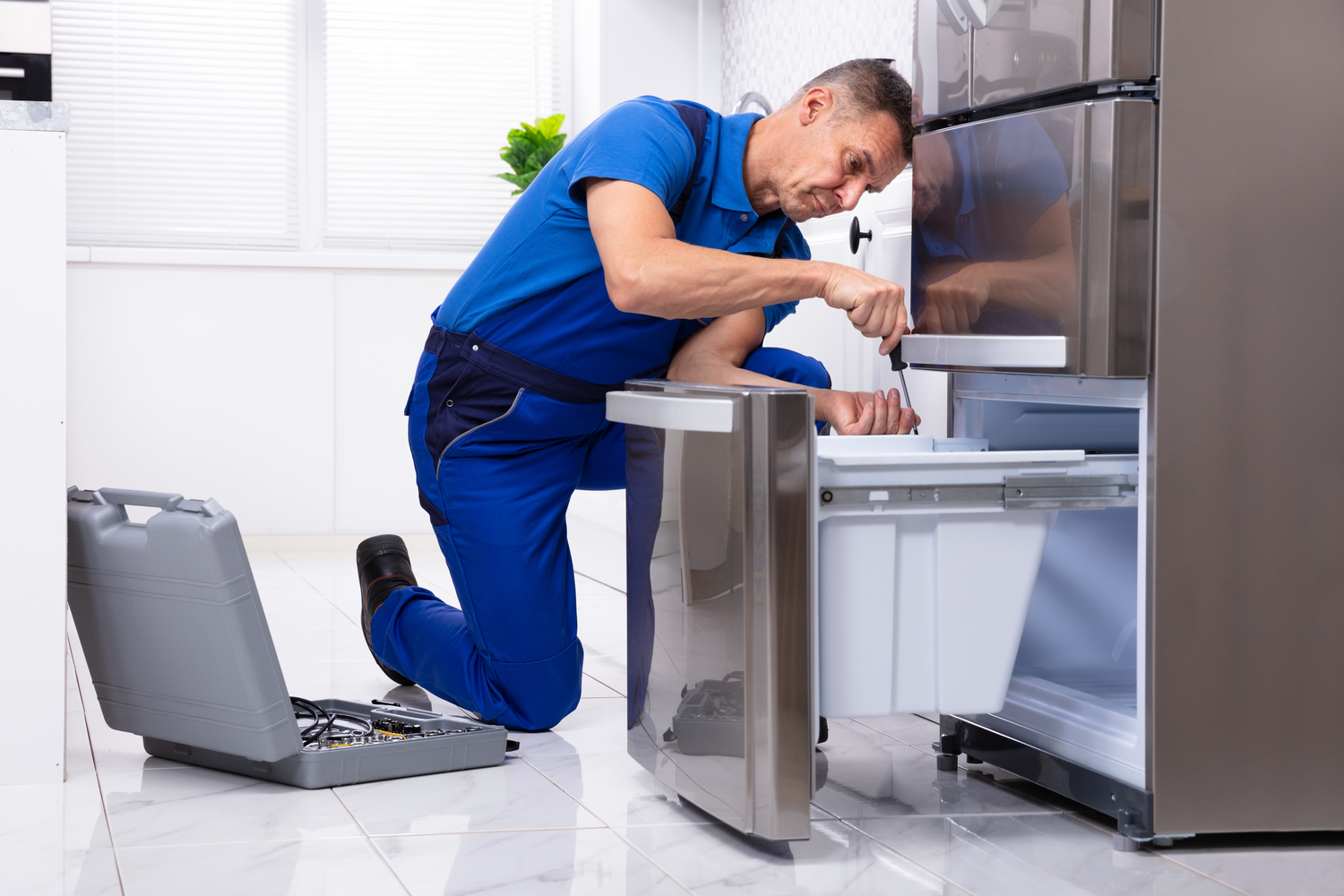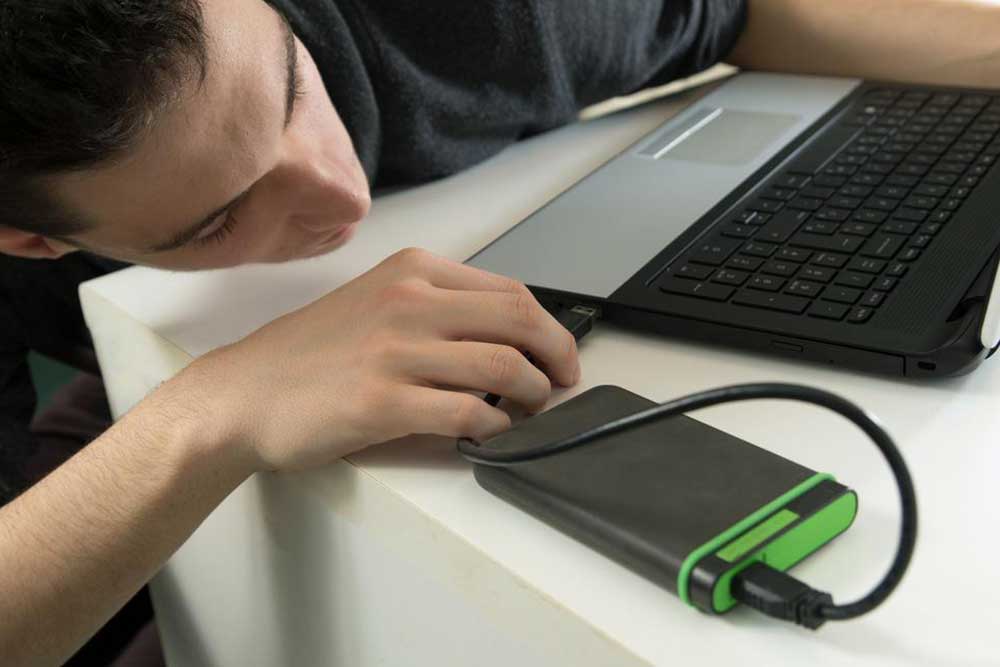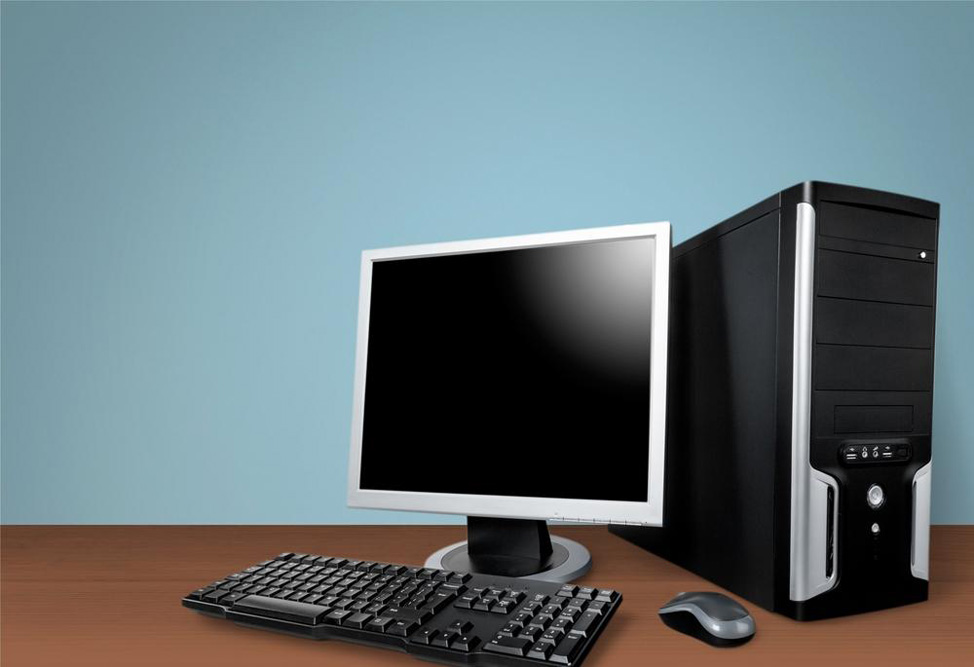Common Computer Issues Requiring Professional Repairs
Discover essential insights into common computer problems like connectivity issues, hardware failures, and data loss. Learn when DIY fixes suffice and when professional repairs are necessary. This guide helps users troubleshoot effectively and recognize signs that require expert intervention, ensuring their devices stay in optimal condition.

Common Computer Issues Requiring Professional Repairs
Computers and laptops are essential for online shopping, studying, communicating, working, streaming, and many other activities. However, over time, they can develop problems like freezing, overheating, or unexpected shutdowns. While some issues can be fixed at home using simple troubleshooting steps, certain faults necessitate professional repair services. Recognizing when to seek expert help can save time and prevent further damage.
1. Wi-Fi Connectivity Problems
When a computer disconnects from Wi-Fi frequently, it may be due to outdated network drivers or a faulty network card. Updating drivers or adjusting power management settings can help. If issues persist, replacing the Wi-Fi adapter may be necessary, best handled by a repair specialist.
2. Keyboard Malfunctions
If certain keys don’t respond correctly, ensure that Toggle Keys or Filter Keys are disabled through the Control Panel’s Ease of Access settings. If problems continue, replacing the keyboard or consulting a repair professional may be necessary.
3. System Freezing and Slowdowns
Frequent freezes during use might signal insufficient memory, malware, or registry errors. Running diagnostics, freeing up disk space, or scanning for viruses helps. In persistent cases, professional repair services might be needed to resolve hardware or software issues.
4. Blue Screen Errors
Encountering a Blue Screen of Death indicates hardware failure or driver issues. Rebooting might resolve temporary glitches, but analyzing the error code and seeking professional diagnosis can fix underlying causes.
5. Peripheral Device Problems
External devices like mouse or keyboard may not function correctly due to dirt or hardware faults. Cleaning, troubleshooting, or replacing these peripherals requires professional assistance to identify and resolve hardware issues.
6. Data Loss and Recovery
Data can be lost from accidental deletion or system failures. Restoring files from backups or the recycle bin is often possible. For serious hardware failures, expert data recovery may be needed. Preventative measures include regular backups using cloud storage or external drives.
7. Display or Graphics Issues
Low-resolution or truncated screens often relate to outdated or corrupted graphics drivers. Updating drivers or replacing faulty graphics cards requires technical expertise, typically from a repair technician.
8. Unusual Noises from Hardware
Clicking or grinding sounds indicate potential hardware failures, such as malfunctioning fans or hard drives. Cleaning or replacing these components should be performed by a professional to avoid further damage.
Note:
The information provided aims to help users identify common computer problems and understand when professional repair services are needed. It’s advisable to consult experts for complex issues and avoid attempting repairs beyond your expertise. Our content is for informational purposes and not a substitute for professional diagnosis or service.










